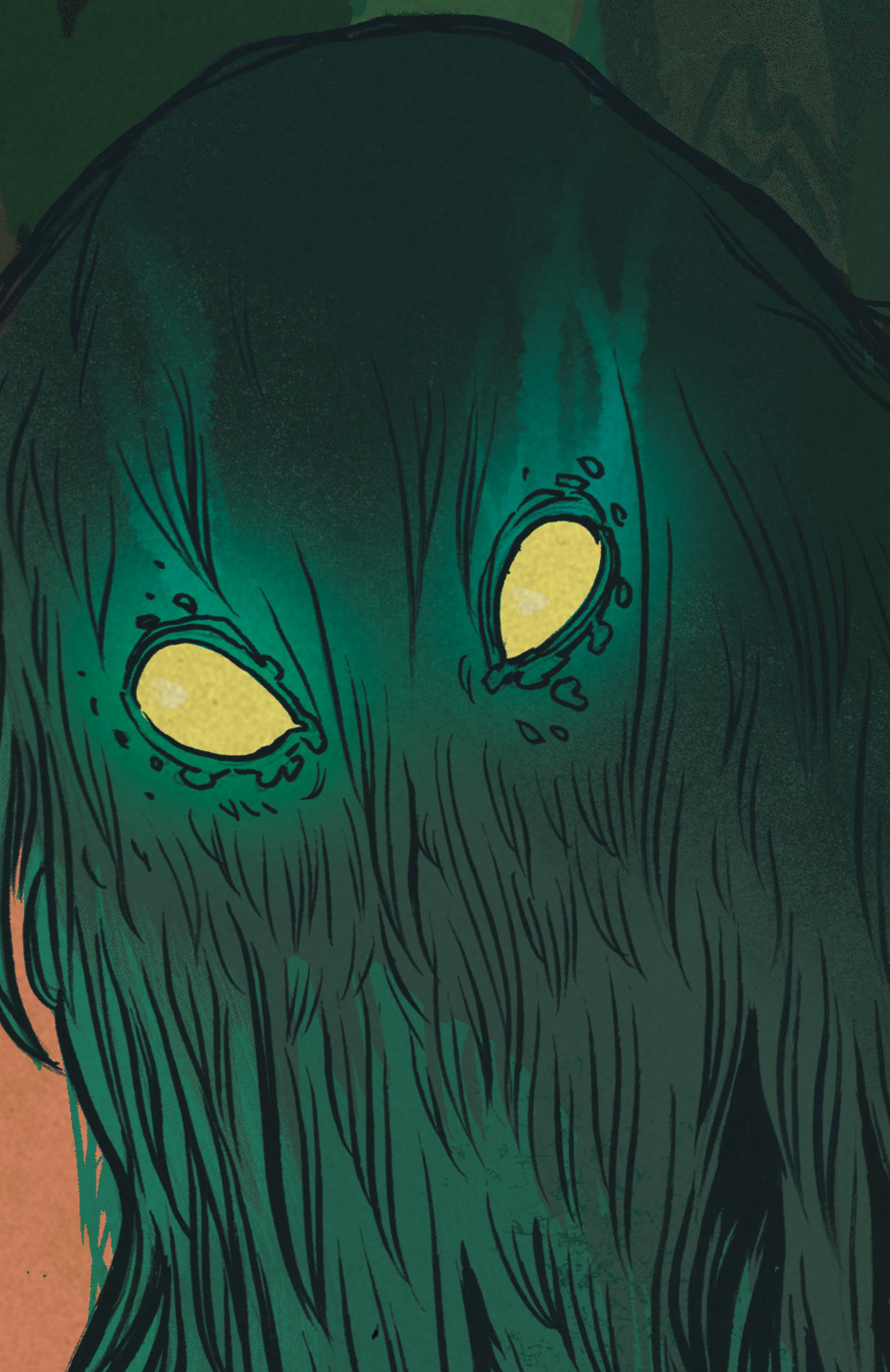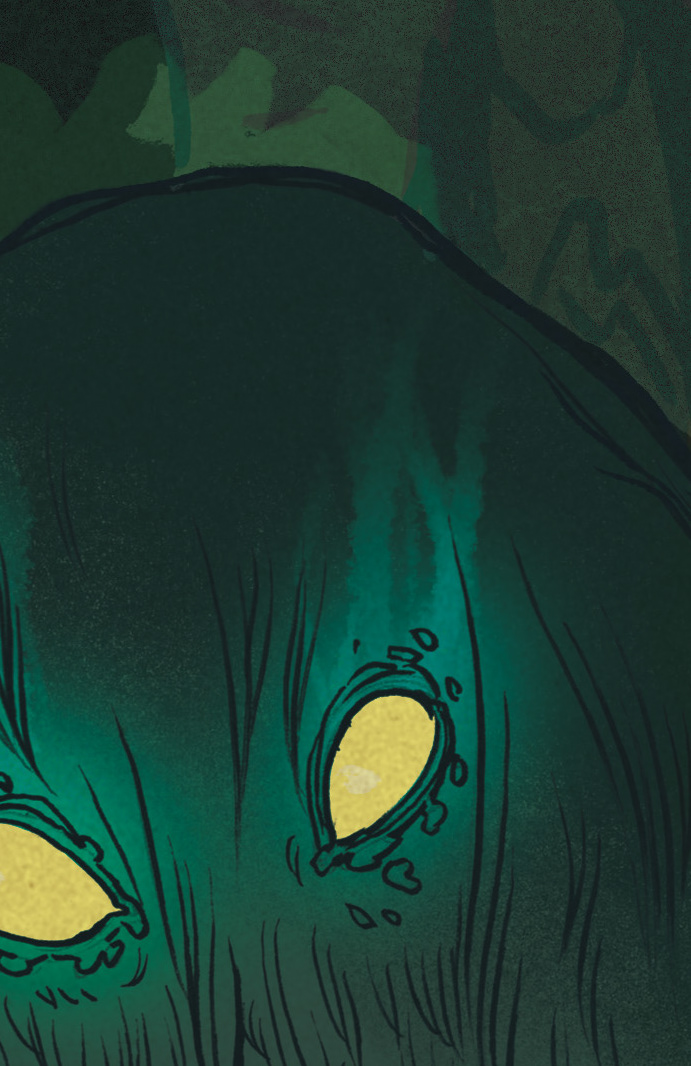Bernadette Marie Calafell (Ph.D., University of North Carolina, Chapel Hill) is a Chicana living in the Pacific Northwest. She is Professor of Indigenous, Race, and Ethnic Studies at the University of Oregon. She is the Past-Editor of the Journal of International and Intercultural Communication. She has authored Latina/o Communication Studies: Theorizing Performance and Monstrosity, Performance, and Race in Contemporary Culture. Dr. Calafell has also co-edited six books. In 2023 she was named a Distinguished Scholar by the National Communication Association as an exemplar of the field. She was the first Latina/o/x/e scholar named as such. Additionally, Dr. Calafell is the co-editor with Dr. Thomas Nakayama of the Critical Intercultural Communication series with Peter Lang and the Horror and Monstrosity series through the University Press of Mississippi with Drs. Marina Levina and Kendall Phillips. Her research is focused on queer of color theory, Latinx Studies, women of color feminisms, monstrosity and horror, performance studies, and critical rhetoric. Her most recent book project, Transcultural Specters, focuses on popular music, race, culture, and transnationalism.
Dr. Michael Lechuga researches and teaches Latina/o/x Studies Communication Studies, Rhetoric, Migration and Settler Colonialism Studies, and Affect Studies. He graduated with an M.A. in Communication Studies from the University of Texas at El Paso in 2007 and with a Ph.D. in Communication Studies from the University of Denver in 2016. His research explores the ways migrants and migrant communities are subjected in the US by austere migration control structures and white nationalist ideologies. His current research focuses on the role that technology plays in border security assemblages and the ways alienhood is mapped onto migrant bodies through contemporary mechanisms of white-settler governance. In addition, Dr. Lechuga is interested in Latina/o/x Futurism, Surveillance Studies, and Film Studies. He is currently writing his second book, Alien Affects, which illuminates the complex relationships between Hollywood alien invasion film industries and the industries tasked with securing the México/U.S. border.
James’ research and teaching foreground African Diasporic ritual and performative cultures, ancestral veneration and spirit liturgical traditions, and ontologies and ecologies of Blackness, with a focus in Afro-Latinx folk Catholicism, Black Atlantic herbalism and pharmacopeia, and ecocritical healing justice movements. James was a 2023-24 American Council for Learned Societies fellow during which time he completed his forthcoming book, To Ask Infinity Some Questions: San Martín de Porres and the Hagiographic Mysteries of Black Florida (Fordham Univ. Press), centers the figure of San Martín de Porres (1579-1639), the first Catholic saint of African descent born in the Americas, and explores the various ways Florida’s Diasporic communities harness ritual and folk cultural performances to invoke Martín’s sensible presence in their everyday endeavors "to ask infinity some questions" about the mysterious and sublime nature of Black Diasporic being. James is co-editor of Catholic Re-Visions, a peer-reviewed blog hosted by the Political Theology Network at Villanova University, and is co-host of the Always Already critical theory podcast.
Kara McCormack is an assistant professor of American Culture and Literature at Bilkent University in Ankara, Turkey. Her work focuses on the continuing significance of the mythic American West in the United States and globally and how the meanings of the West emerge in and intersect with science fiction. Publications include “Home. Family. Future: Authenticity, the Frontier Myth, and Dawn of the Planet of the Apes” in ContactZone; “Searching for Wyatt Earp in Anatolia” in The Journal of Arizona History; and Imagining Tombstone: The Town too Tough to Die by the University Press of Kansas. Forthcoming from the Journal of American Studies is a piece focusing on how the themes of the mythic West become visible in the region known as “the Colonies” in Hulu’s The Handmaid's Tale. The work being presented today explicates the connection between race and UFO tourism in Roswell, New Mexico, both historically and in the present day.
Ramona Emerson is a Diné writer and filmmaker originally from Tohatchi, New Mexico. She received her degree in Media Arts in 1997 from the University of New Mexico and her MFA in Creative Writing (Fiction) in 2015 from the Institute of American Indian Arts. She has worked as a professional videographer, writer and editor for over twenty years and is currently working on her 8th film project, Crossing the Line. She is a Sundance Native Lab Fellow, a Time-Warner Storyteller Fellow, a Tribeca All-Access Grantee, a PBS and ITVS grantee and a WGBH Producer Fellow. Ramona published her first novel Shutter the first of a trilogy, with SOHO Press in August of 2022. Through her storytelling, Emerson looks at contemporary stories about her people and aims to question and redefine the expectations of Native cultural identity, highlighting stories that are not a part of mainstream media. She currently resides in Albuquerque, New Mexico where she and her husband/producer, Kelly Byars run their production company Reel Indian Pictures.
Ayden Castellanos is the creator and host of the podcast, Susto. Spanish for fright, Susto is a cultural illness in which some believe the soul separates itself from the body after experiencing trauma. Castellanos titled his podcast Susto because it is centered on paranormal folklore from Latin American and Hispanic cultures. Susto has been independently produced since 2019, featuring classic legends like La Llorona, La Lechuza, and The Girl Who Danced with The Devil.
Castellanos emphasizes that Susto is his contribution to the long-standing tradition of oral storytelling. Each episode is narrative-driven followed up by analysis of the legend. Castellanos attributes his affinity for all things spooky and storytelling to his upbringing in the Rio Grande Valley, on the Texas-Mexico border, a place where the paranormal and folklore were part of family gatherings and in his classrooms.
Susto is available on every podcast platform and you can follow @SustoPodcast on every social media site or by visiting www.SustoPodcast.com
Castellanos emphasizes that Susto is his contribution to the long-standing tradition of oral storytelling. Each episode is narrative-driven followed up by analysis of the legend. Castellanos attributes his affinity for all things spooky and storytelling to his upbringing in the Rio Grande Valley, on the Texas-Mexico border, a place where the paranormal and folklore were part of family gatherings and in his classrooms.
Susto is available on every podcast platform and you can follow @SustoPodcast on every social media site or by visiting www.SustoPodcast.com
Jenny Rice is Professor of Writing, Rhetoric, and Digital Studies at the University of Kentucky. She is the author of Awful Archives: Conspiracy Theory, Rhetoric, and Acts of Evidence (Ohio State University Press, 2020) and Distant Publics: Development Rhetoric and the Subject of Crisis (University of Pittsburgh Press, 2012). Her work has appeared in Philosophy & Rhetoric, Quarterly Journal of Speech, Rhetoric Society Quarterly, College English, and many other publications. She also serves as the current editor of Rhetoric Society Quarterly. Her current book project, Overexposure: White Nationalism and the Politics of Publicity, examines how rhetorics of exposure circulate in and around White nationalist discourse.
Dr Montgomery Ramírez is a Monimboseño person from what is currently Nicaragua, raised in diaspora in the United States. He is a decolonial heritage specialist and Indigenous public archaeologist, with a PhD in Archaeology and Cultural Heritage from the University of York. His research focuses on re-storying narratives of the past and using cultural heritage for decolonial options for sustainable and equitable futures for Indigenous and marginalized communities. In 2017, he received the Orgullo de Mi Pais Award from the Nicaraguan Embassy in London for his outreach work on Indigenous rights and heritages. Dr Montgomery Ramírez is a public speaker and activist for education, environmental, cultural, and human rights.
Cathryn Merla-Watson's research and teaching interests include Latinx literary and cultural studies; Latinx speculative aesthetics; gender and critical sexuality studies; Latina feminisms; women and queer of color theories; and feminist geography. She has published in journals such as Aztlán: A Journal of Chicano Studies and Multi-Ethnic Literatures of the U.S. (MELUS) and chapters in anthologies, including Research Justice, edited by Andrew Jolivette, and The Un/Making of Latino Citizenship: Culture, Politics, and Aesthetics. She recently co-edited with B.V. Olguín Altermundos: Latin@ Speculative Literature, Film, and Popular Culture, the first collected works to coalesce scholarship dedicated to codifying and theorizing Latin@ speculative aesthetics.
I grew up in the 4-Corners area of the Navajo Nation, around Shiprock and Farmington, New Mexico. I graduated High School from the Navajo Preparatory School in 1995 then studied 2-D Arts and Photography at the Institute of American Indian Arts (IAIA) in Santa Fe. I graduated IAIA in the summer of 2000. Much of my artistic endeavors stem from my love of the craft itself. In terms of photography, I fell in love with grainy film and rough edges while maintaining crisp and cleverly captured moments in a solid frame. My other primary practice is sequential and 2-D art. I employ high-contrast and thick lines to convey bold imagery matched with bright and vivid colors. Artwork that can be used to not only express, but captivate and manipulate thought and action has always been my goal as an artist.

